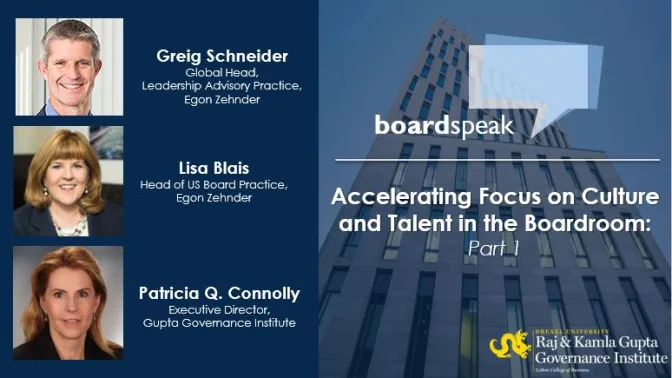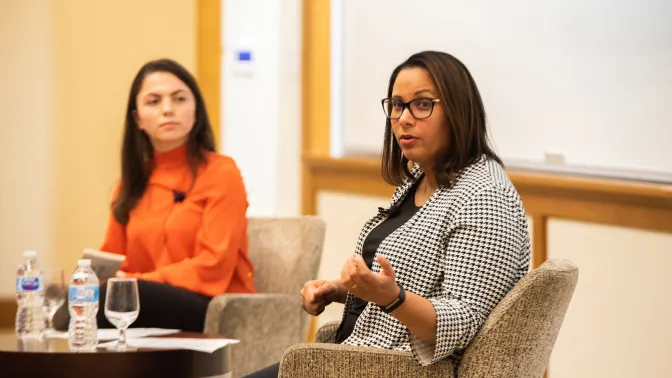
Three Strategies to Retain High-Performing Employees
Have you ever thought about leaving your job? If so, you’re not alone. According to recent reports, about 40% of U.S. workers have considered quitting their jobs in the next 3-6 months.
The hard truth is that many employees feel undervalued and overworked. This pushes people out the door, but what we’ve seen is that quitting is only a temporary fix. In fact, 80% of those who quit during the Great Resignation regretted leaving for many reasons including the fact that it didn’t change their situations and many still struggled with mental health and work-life balance.
So, what’s the answer? Research shows that most people want to feel meaning and purpose in their work. And when they do, they are more likely to stay.
In fact, some are even willing to stay for less pay. In another study, employees reported they would be willing to take up to 32% less salary to have a job that is meaningful. How much would you be willing to cut? We can’t necessarily control pay, so how do we change the way we feel?
The answer is simple. Create an environment that EXCITEs!
At Drexel University’s LeBow College of Business, we developed the EXCITE framework, which focuses on developing an Exceptional Culture of Inclusion, Trust and Empowerment. Here are three strategies to build an EXCITE culture.
Be Inclusive. How many of you feel included at work? Do those around you feel included? DEI has taken center stage in many conversations. The bigger question is — how do you make it happen? Well first, it’s important to know the difference between diversity and inclusion. Simply put, diversity is having a seat at the table and inclusion is having a voice. To create a more inclusive environment, consider this — in your meetings, do you allow or encourage input? I often hear from managers, well I never told anyone they couldn’t speak up! My response is that may be true, but what did you do to encourage input?
Develop Trust. How do you build trust with those around you? We know that trust can be difficult to earn and easy to lose. Take a moment to think about why you trust a co-worker — is it because they are competent or because they are easy to get along with? This is the exact question researchers have contemplated and found that trust exists along these two dimensions. It’s easy to work with someone who knows what they are doing and you like and harder to work with someone who is incompetent and you don’t like. But what happens with a mix — a competent jerk or a loveable fool? Research shows that most people prefer the loveable fool when faced with this choice. It’s less stress, easier to engage and supports a working relationship where more gets done.
Empower with Commander’s Intent. How many of you like to be micromanaged? Or would you prefer to be given space to find the best solution? This is the difference between leading with a command-and-control approach versus leading with commander’s intent. Command and control is the traditional, directive way of leading: think micromanaging. Commander’s intent is a concept from the military and involves the leader sharing the desired end state. Leading with this approach provides employees with the ultimate goal and can help to provide the space to problem solve on their own. In turn, this facilitates feelings of meaning and purpose in work, creating empowered employees.
With these three strategies to EXCITE, what changes can you make?



